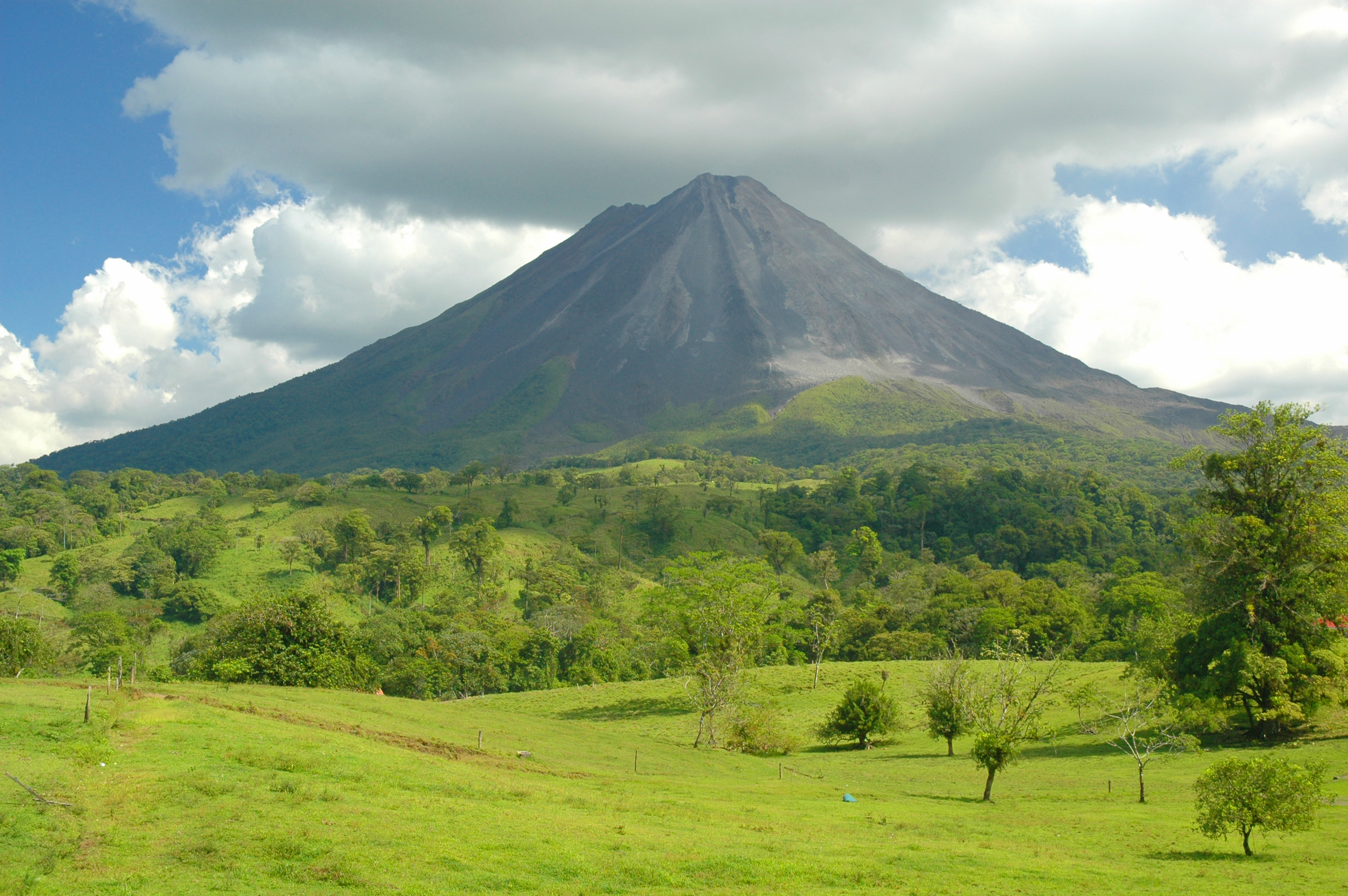Nov 18, 2024
Langara College’s Latin American Studies 1102 course offers students an immersive field study experience in Costa Rica, combining classroom learning with real-world exposure to environmental conservation and sustainable development. The trip includes collaborating with peers at Instituto Tecnológico de Costa Rica, visits to national parks, and workshops with local communities. The experience offers a firsthand look at conservation in the ‘Green Republic,’ supported by scholarships. A unique, hands-on opportunity to turn theory into real-world impact.
Langara’s Latin American Studies 1102 (LAMS1102), is more than textbooks – it’s a gateway to real-world applications in environmental conservation and sustainable development. This coming spring, students will travel to Costa Rica for a field study led by instructor Ginette Dubé, giving them a firsthand look at environmental practices in the ‘Green Republic.’
After spending the first half of the semester studying Latin American perspectives on environmental issues, students are then joined by Costa Rican students from the Instituto Tecnológico de Costa Rica (TEC) to explore these issues from a local standpoint. The classroom collaboration through this COIL (Collaborative Online Intercultural Learning) course has been an enriching experience for previous students. However, this year, the College is taking it to the next level by organizing an in-person field study to Costa Rica during spring break.
“This Costa Rica trip offers a rare chance to gain insights into the nation’s environmental practices in ways that tourists typically cannot access,” says Dubé.
Known as the ‘Green Republic,’ the country is a leading example of sustainable development practices, making it an ideal destination for environmental studies. She adds, “Costa Rica is internationally celebrated for its conservation efforts, with over 25% of its land designated as protected parks.”
Cross-cultural connection and collaboration.
A highlight of this trip is the interaction between Langara students and their Costa Rican counterparts at TEC. For two days, students will immerse themselves in the campus culture, which showcases sustainability projects such as waste management systems, biodiversity gardens, and green energy initiatives.
Additionally, students will visit botanical gardens and engage in cultural exchanges like dancing and soccer matches, so students will experience the diverse ways TEC integrates sustainable practices into daily life. This collaboration not only deepens their understanding of course material but also builds cross-cultural communication skills that are invaluable in today’s globalized workforce.

Unique learning experiences through immersive itinerary.
The field study itinerary is designed to give students an unparalleled look at Costa Rica’s environmental landscape and the communities working to protect it. Guided by Dubé and Spanish instructor Dolores “Lolita” Gambroudes, the key experiences include:
- Indigenous community visits: Students will meet local Indigenous leaders who are at the forefront of sustainable practices within their communities. These experiences provide perspectives often absent from mainstream environmental discussions, such as Indigenous views on conservation and the creation of national parks.
- National parks exploration: A visit to Marino Ballena National Park, known for its "whale tail" sand spit, provides students with hands-on learning about marine conservation. They will also have time to explore, relax, and enjoy the natural beauty of Costa Rica’s protected landscapes.
- Workshops with local women’s cooperatives: Another unique component of the trip is a workshop with a women’s cooperative dedicated to sustainable practices. This experience underscores the importance of grassroots efforts in environmental conservation and introduces students to sustainable business practices that benefit local communities.
Accessibility and funding.
The Costa Rica field study, costing approximately $3,700* (including airfare, accommodations, transportation, and necessary travel insurance), is supported by scholarships for eligible students.
Domestic students can benefit from Langara’s Global Skills Opportunity (GSO) fund, the One World International Scholarship program, and aid from Langara Global. Students from underrepresented groups, including those with disabilities, First Nations students, and those with financial need, can receive up to $5,000 in support – more than enough to cover both the trip and tuition.
International students, meanwhile, may be eligible for $1,500 in aid from Langara Global, covering nearly half of the trip costs.
*Cost listed is an approximation only and is subject to change.
Lasting impact of work-integrated learning.
This field study exemplifies the benefits of work integrated learning (WIL) by merging theory with practice in a dynamic, real-world environment. Dubé explains, “Learning about conservation from books and articles cannot compare to witnessing the challenges and successes firsthand.”
Through this immersive partnership experience, students gain insights into sustainable development, cross-cultural skills, and connections that enrich their academic and career journeys.
Langara students passionate about sustainability can apply for this once-in-a-lifetime field study to Costa Rica and turn academic lessons into unforgettable experiences.
Latin American Studies 1102 is open to all Langara students and does not have prerequisites. Students must be registered for this course to take part in the field study. Learn more by attending the next information session, held via Zoom on Thursday, November 21, 2024, at 6:30 pm.
Related stories:
Mentorship with Mickey: Exclusive opportunity to live, learn, and work at Disney
